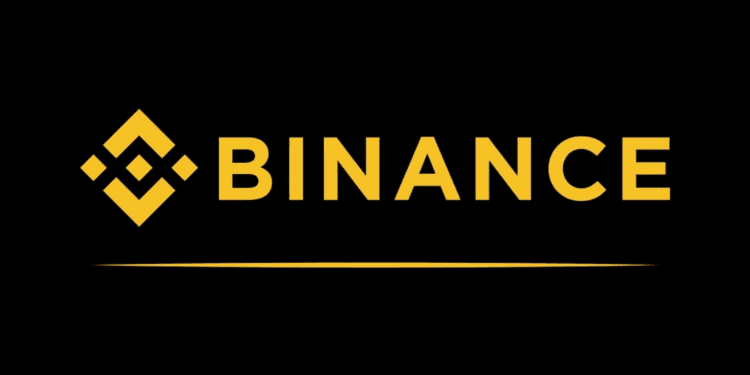Binance, the world’s largest cryptocurrency exchange, has made moves to expand its service and reach over the years by acquiring an operating license or buying a stake in a regulated entity.
They have made significant acquisitions over the years, from Trust Wallet, in July 2018, in San Francisco, United States, to JEX in September 2019 in Hong Kong, China, and their crucial acquisition, CoinMarketCap, in London, United Kingdom, in March 2020. The sprawling cryptocurrency empire is about to become much more significant as it moves to reenter the Japanese market.
Binance recently acquired a 100% stake in Sakura Exchange BitCoin (SEBC), a licensed crypto service provider in the country. Binance CEO Changpeng Zhao, in an official public announcement on November 30, mentioned that the crypto exchange was determined to reenter the Japanese market and comply with all the market regulations.
Acquiring Sakura Exchange BitCoin( SEBC), A Japan Financial Services Agency-registered crypto exchange specializing in brokerage and customer consultation services, allows Binance to mark its re-entry into the Japanese market after four years.
Although the transaction terms were not disclosed, Binance released a notice shortly after the acquisition, saying that user registration in Japan would be paused. Binance will continue to evaluate its products and service to the community to ensure they comply with local rules and regulations. The new users in Japan will not be able to register with Binance.com, going into effect from 2022-11-30 at 08:00 (UTC). Binance went on to state that the changes will not hinder existing users as they aim to create a sustainable ecosystem around blockchain technology and digital assets to usher in growth to the industry in the local markets in the long run.
Over the past year, Binance has funneled money and resources into global compliance due to several warnings they received from several jurisdictions. In May, the cryptocurrency exchange secured regulatory approval to function in France as a digital asset service provider, making France the first European country where it gained such permission.
The crypto exchange is the frontrunner among the world’s leading blockchain ecosystem and cryptocurrency infrastructure providers. It has successfully secured regulatory greenlights or authorizations in France, Spain, Bahrain, Italy, Abu Dhabi, Dubai, New Zealand, Poland, Kazakhstan, Lithuania, and Cyprus.
A Binance spokesperson told CoinTelegraph that the newly acquired Sakura Exchange BitCoin would provide Binance with its first License in East Asia. Since Asia is a market filled with potential, the crypto exchange hopes to expand its services into other regions.
Binance now has a smooth legal path into the country after purchasing an exchange regulated by the Japan Financial Services Agency. Through Sakura Exchange BitCoin, Binance intends to support a responsible global environment for cryptocurrencies.
Takeshi Chino, the platform’s Japan general manager, said in a statement that Japan, one of the world’s leading economies with a sophisticated and highly-developed tech ecosystem, is ready for a strong blockchain uptake. He also further stated that they would be working closely with regulators to ensure a combined exchange is developed compliant for local users.
Binance, in 2018, tried to open a headquarters and operate in Japan but was quickly shut down after receiving an FSA notice for driving without a license. The crypto exchange again received a similar warning from the Japanese government in 2021.
Acquiring a regulated entity to enter a crypto market where it could not independently obtain a license is not a new strategy for Binance, as it managed to reenter the Malaysian market after it acquired a stake in a regulated entity. The exchange also reassessed the Singapore market after receiving an 18% stake in a regulated stock exchange.
Conclusion
Although one of the first crypto nations to regulate trading crypto assets, the Japanese government has eased up on its regulatory policy. It has shown strong interest in embracing blockchain technologies and encouraging more crypto startups to flourish and exist in the world’s third-largest economy.
Compared to its Asian counterparts, Japan is still behind in crypto adoption, ranking at 26th place in 2022 by Blockchain Analysis firm, Chainalysis, while Vietnam and the Philippines took the top two spots, and even China, where cryptocurrency trading is banned, ranked 10th. Regardless of the ranking, Takeshi Chino argued with optimism that the Japanese market would surely be a key player in the future of cryptocurrency adoption.














